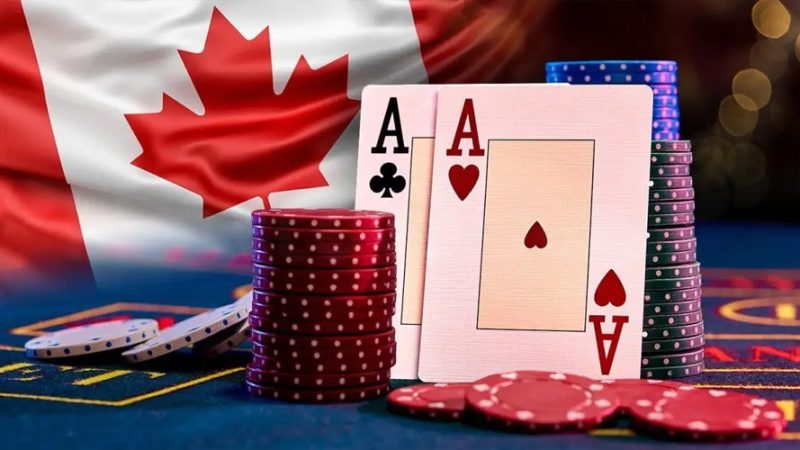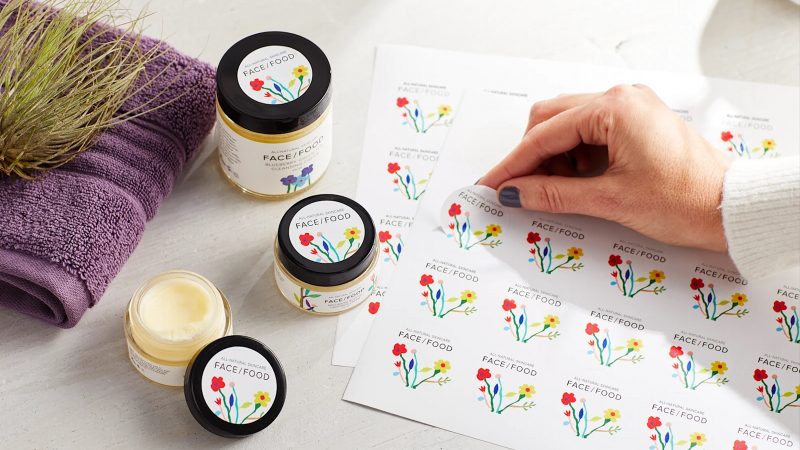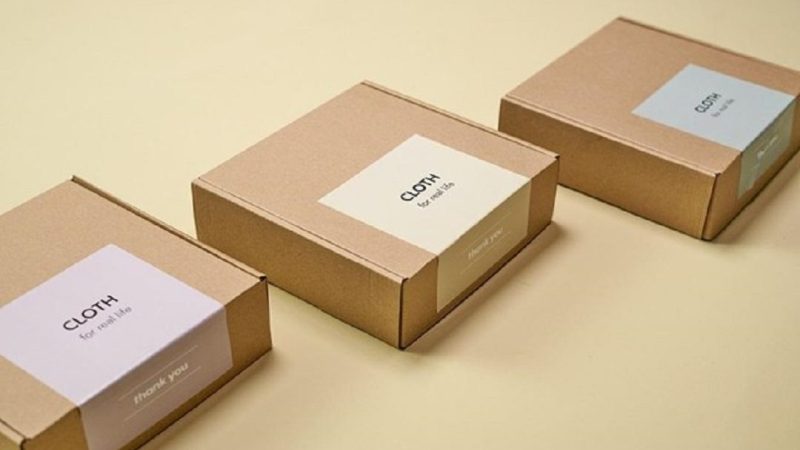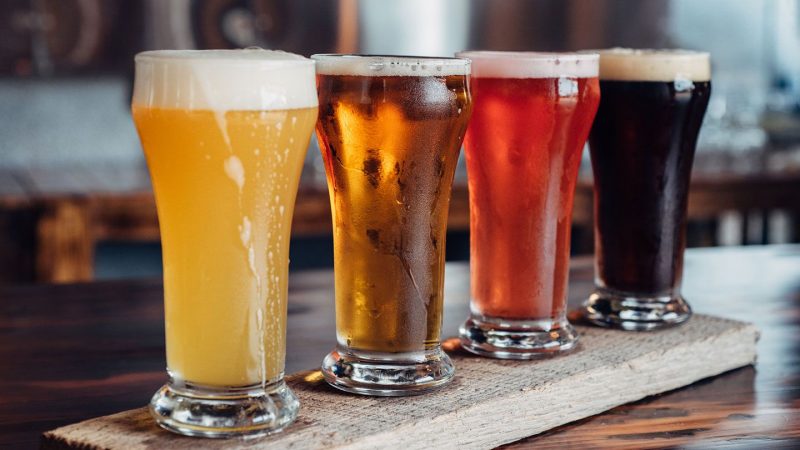How The Body Processes CBD

This infographic was created by 420DC
What was once considered a taboo ingredient is now included in a wide range of products across multiple industries. CBD — short for cannabidiol — can be a powerful addition to recipes, health and wellness formulas, and beauty products. It has attracted a widespread interest because of its healing properties, therapeutic uses and benefits on the human physiology.
What Is CBD?
There are three strains of CBD: full-spectrum, isolate and broad-spectrum. Full-spectrum CBD includes traces of other cannabinoids, terpenes and other compounds. There is no regulated definition or regulation of full-spectrum CBD. Isolate is the purest form of CBD that doesn’t include fatty acids, proteins or terpenes from the plant. Broad-spectrum CBD refers to a blend of isolate and full-spectrum concentrations.
Although CBD is not a cure-all for aches and pains, it does show signs of decreasing pain to a more tolerable level. Thanks to the wide range of uses, it’s possible to find a product with the right dosage of CBD to achieve beneficial side effects.
However, it’s important to treat CBD like a complement to other treatments, not as a replacement. Its success depends on one’s preparation and dosage, as well as the formula of the product. Although CBD is natural and can be rewarding in the general sense, consumers should still do their research before using any product containing CBD.
What to Know Before Using CBD
CBD isn’t just a six-leafed plant thatproduces a natural buzz (mostly because it doesn’t). It’s now available in gummies, oils, lotions, vapes and teas, making it more accessible and acceptable to the public. About 62% of people use CBD to treat conditions such as anxiety, depression and aches. Because of its popularity in various industries, many people have become swept up in the benefits of CBD.
If you want to try CBD for yourself, here are some things to know before using:
- CBD refers to one of 113 cannabinoid compounds found in the cannabis plant. CBD-based products contain a concentrated amount of the compound.
- The body naturally produces a form of cannabinoid. CB1 receptors are found in the central nervous system and brain, while CB2 receptors can be found in the immune and digestive systems.
- CBD does not produce a high. It is not the same as THC, the active ingredient found in marijuana that produces a high.However, you could fail a drug test if more than the mandated level of CBD is consumed.
- There isn’t a universally accepted dosage. Because of the lack of scientific researchregarding CBD, it could take trial and error to find a dose that’s right for you.
- Substances affect the body differently depending on how they are consumed. Eating CBD can slow the absorption process because it must pass through the digestive tract.
- CBD can interact with certain medications. The liver and natural detoxification processes in the body are impacted when you have CBD in your system, which could interact with common prescription medicines.
- It can take several weeks to notice the effects of CBD. Even if you areconsuming a consistent dose at regular intervals, CBD affects each person differently.
- It’s especially crucial to acquire a proven, high-quality CBD product. Hemp is considered a bio-accumulator that absorbs the impurities and toxins found in its soil, so be careful about where you source your hemp.
- There are limited FDA regulations regarding CBD.However, companies are prohibited from claiming that it treats specific ailments.
- Most people use the compound for wellness purposes, not for recreation. It is not a psychedelic or hallucinogen, so don’t expect heavy side effects.
As with any product that claims to be organic or beneficial for the body, it’s important to be cautious and selective before purchasing any CBD product. When you’re ready to buy, consider the following:
- Buy from a state-run dispensary.
- Ask for a certificate of analysis.
- Remember that it may not work right away.
- Read the fine print.
- Do not trust every health claim.
- Discuss your health history with a doctor.
- Don’t use CBD if you’re pregnant.
However you choose to improve your overall wellness, CBD may be a good place to start. After a bit of research, many people use it to supplement a healthy routine and experiencepositive effects. Read more about how CBD impacts the body with our resource.
AUTHOR BIO: Michael Barnes is the founder and CEO of 420DC, a cannabis marketing platform in Washington, D.C. He has 15-plus years of experience in marketing as well as the cannabis industry.






